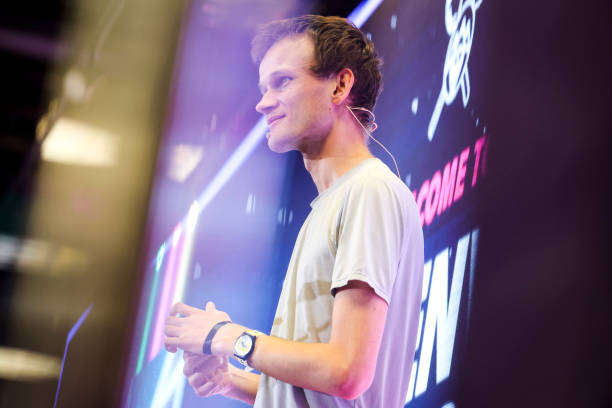
Ethereum’s co-founder, Vitalik Buterin, has proposed a solution to Elon Musk’s frustrations with Microsoft Windows OS: the transition to the open-source operating system Linux. This suggestion came shortly after Musk voiced his displeasure over the hurdles he faced in installing Windows OS on his new computer without a Microsoft account.
Understanding the Open-Source Landscape
Linux, unlike proprietary operating systems such as Windows, iOS, and macOS, champions the open-source philosophy. Since its inception in September 1991, Linux has carved out a niche for itself, amassing a dedicated user base. Its influence extends to powering the popular mobile OS Android, showcasing its versatility and widespread adoption.
Open-source software is characterized by its accessible source code, allowing developers to inspect, modify, and enhance it. This collaborative approach fosters innovation and rapid problem-solving within the programming community.
Advocacy for Open Source
Buterin’s advocacy for open-source solutions is well-documented, making his recommendation to Musk a predictable stance. The Ethereum co-founder’s suggestion resonated with many on the social media platform X, where users praised the promotion of open-source software. Nonetheless, some users highlighted Linux’s limitations for gaming, suggesting it might not align with Musk’s presumed PC usage.
Musk’s Windows Woes
On February 26, Musk aired his grievances on X regarding the necessity of a Microsoft account to operate his laptop PC with Windows OS. He lamented the disappearance of an option that previously allowed users to bypass the Microsoft account requirement.
Despite community input suggesting workarounds to use Windows OS sans a Microsoft account, Musk criticized the process’s complexity. A community note appended to Musk’s tweet clarified that bypassing the account requirement remains possible, albeit through more convoluted methods than those found in Windows 10.
Community Solutions and Musk’s Stance
X users shared detailed instructions to help Musk navigate the workaround, emphasizing the community’s willingness to assist. However, Musk contended that the procedure should not be as intricate, reflecting a broader sentiment for user-friendly tech solutions.
Open-Source vs. Proprietary OS
| Feature | Open-Source OS (Linux) | Proprietary OS (Windows, iOS, macOS) |
|---|---|---|
| Source Code | Open for modification | Closed and proprietary |
| User Base | Niche, tech-savvy | Broad and diverse |
| Customization | High | Limited |
| Main Usage | General, servers | General, gaming, professional |
- Linux Features:
- Open-source nature allows for extensive customization and development.
- Powers major platforms, including Android.
- Fosters a collaborative development environment.
- Musk’s Windows Installation Issue:
- Expressed difficulty in using Windows OS without a Microsoft account.
- Community offered workarounds, highlighting the complexity of bypassing the account requirement.
- Open-Source Advocacy:
- Buterin promotes Linux as an alternative to proprietary OS challenges.
- Open-source software praised for innovation and flexibility.
Vitalik Buterin’s recommendation for Elon Musk to explore Linux as an alternative to Windows OS underscores the ongoing dialogue between open-source and proprietary software models. While open-source platforms like Linux offer flexibility and transparency, they also present challenges in specific use cases such as gaming. Musk’s experience with Windows OS installation illuminates broader concerns over user autonomy and system accessibility in the digital age. As the debate continues, the values of open-source software remain central to discussions about the future of technology and user empowerment.
Featured image credit: Michael Ciaglo via Getty Images
